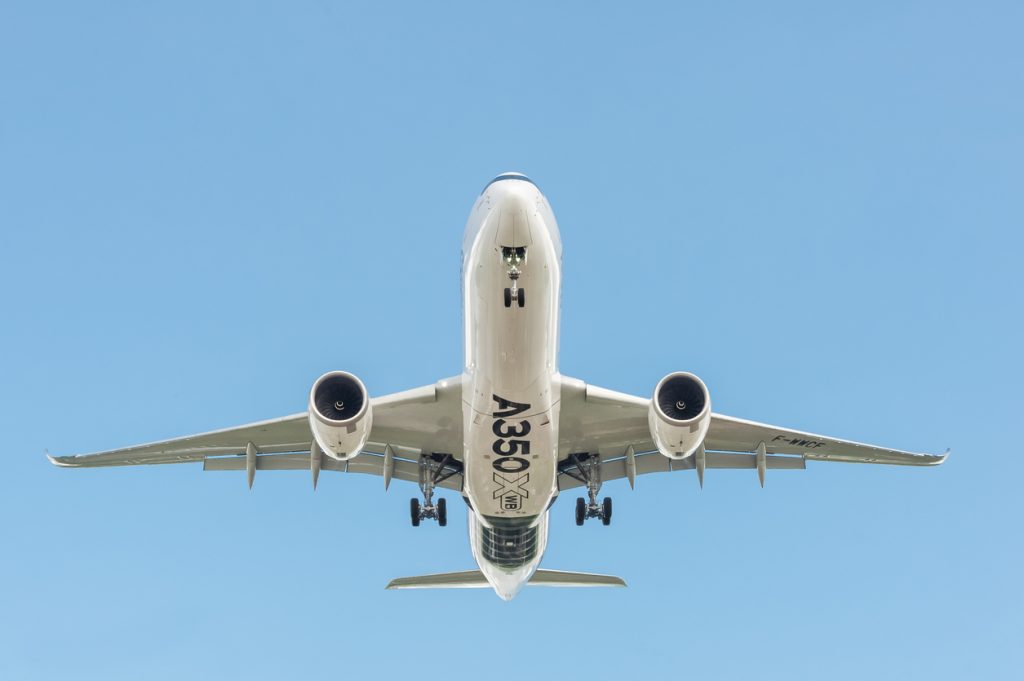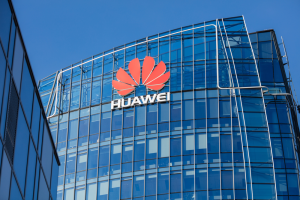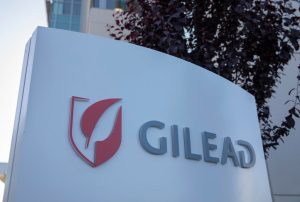Here Lawyer Monthly hears from Aziz Rahman of business crime solicitors Rahman Ravelli who considers what happens next in this intriguing investigation.
It has been a long time coming, but Airbus’ announcement that it has agreed settlements with French, British and US authorities over investigations into alleged wrongdoing should come as no great surprise to anyone.
The aerospace group has been happy to declare that it has reached agreement in principle with the UK’s Serious Fraud Office (SFO), France’s Parquet National Financier and US authorities over allegations relating to bribery and corruption and compliance with the US International Traffic in Arms Regulations (ITAR). The allegations surround the use of middlemen in plane sales. The SFO, followed by its French counterpart, opened investigations into Airbus after the firm reported itself in 2016.
Airbus is expected to pay a total of £3 billion in fines subject to the agreement being approved by the courts in the UK, France and US. Court hearings are scheduled for this on Friday (Jan 31) in all three countries. Those with a keen eye for such things had predicted fines of that sort of size so it was always going to be a surprise if any deal did not dwarf the £671M Rolls-Royce paid three years ago to settle its aerospace bribery allegations. But Airbus’ settlements leave a lot of people very keen to see what happens next.
Prior to this agreement with Airbus, the SFO’s track record stood at six deferred prosecution agreements (DPA’s) concluded with companies since 2015, with no senior executives from those companies ever having been convicted. In Rolls-Royce’s case, none were even charged in relation to its bribery. No doubt those at Airbus will rest easy if its past and present personnel enjoy the same outcome. The firm has certainly attempted to do all it can to achieve that: senior executives have been removed, its ethics and compliance procedures have been reviewed and revised and it has reduced the number of third parties it uses in deals, The Airbus board has decided that there were benefits to be had from doing all it can to show it is now a “new’’ company with few links to the wrongdoing that has caused it such problems.
Prior to this agreement with Airbus, the SFO’s track record stood at six deferred prosecution agreements (DPA’s) concluded with companies since 2015, with no senior executives from those companies ever having been convicted.
Judging from the deal it could be said that it is an approach that has worked. While it is set to pay a hefty financial amount to make amends for its behaviour it has avoided the worst-case scenario of a prosecution. This could, therefore, be viewed as one more case of one of the big boys being able to escape prosecution by jumping through hoops and opening up its large corporate wallet to avoid a conviction that could have severely hampered its ability to compete in the marketplace. But there are aspects of this case that mark it out as being different from many of those where DPA’s have been concluded.
Like many of those, this was a major investigation into a huge company. But in this case, there have been more political factors at play. Airbus is a multinational aerospace giant employing 130,000 - including approximately 10,000 in the UK – so anything that happens to it can have implications for both Europe’s economy and its defence capability. And the timeline for this investigation and its conclusion has run parallel to Brexit, which carries its own huge political and economic ramifications. It is hard, therefore, not to come to the conclusion that there may have been political pressure from one or more sides for this investigation to be concluded with a particular outcome at a particular time.
[ymal]
But while it remains to be seen whether the SFO is able to successfully prosecute individuals alleged to have been behind the wrongdoing at Airbus, it should be remembered that the SFO may also still bring charges against individuals regarding Airbus subsidiary GPT. GPT has been under investigation for eight years over alleged payments made to obtain a £2 billion UK government contract to provide services for the Saudi National Guard.
The aerospace industry is rarely short of corporate controversy. The Rolls-Royce DPA in relation to allegations of systematic bribery over many years was an indicator of this. And any review of Boeing’s activities in the last 30 years has to include its repeated payment of settlements and its loss of contracts due to corporate wrongdoing. But with the Airbus investigation there appear to have been factors that have distinguished it from many corporate investigations.





















